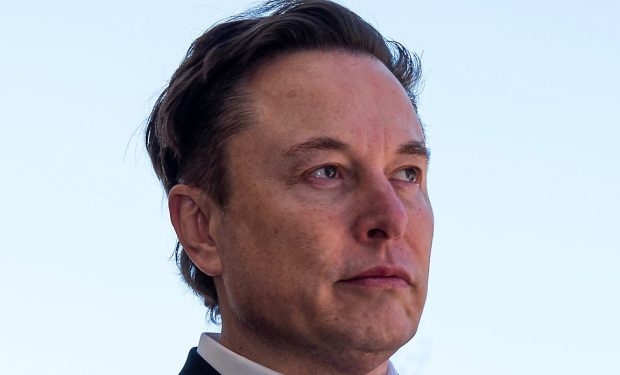Prolific YouTuber Hank Green starts the viral video below by explaining — like the proud science nerd he is — what prompted his experiment. Unusual among popular internet content makers, Green’s trigger was introspection.
Green — as he admits — had fallen prey to a number of false beliefs, brought to his attention courtesy of the internet, and he wondered about his propensity for gullibility in these instances and how he had come to lose sight of the truth.
“I went through a bunch of lies that I believed…” Green says, “whether it was about a quote that somebody said or a graph that I believed was representative of reality — and I realized later that that quote was taken out of context or that graph was mislabeled.”
Having designed the experiment — an examination to oust internet-derived falsehoods from his beliefs — Green then decided to try his experiment on someone else: Elon Musk, the self-proclaimed free speech advocate who owns X and routinely shares misinformation on the platform.
In one instance Green cites, Musk replied to a claim that “Nazis are socialists” by writing: “Exactly.” (“That’s not true!” Green says.)
Green looked at only 24 hours of Musk’s X posts to pull “six lies Elon Musk believed” — the title he gave his video, which in half a day has accumulated more than 41K likes, 5K+ comments, and almost 400K views on YouTube.
Green begins with Musk sharing a fake story purporting (via a Photoshop mockup) to have appeared in The Atlantic, a venerable left-leaning magazine that has been critical of Donald Trump. (Musk, of course, has recently and loudly joined Trump’s inner circle to help the former president regain office.)
Green finds Musk’s sharing misinformation alarming, given his vast influence and especially his declared partisanship. He outlines in nearly 13 minutes of detail the “lies” Musk believed — or at least that Musk felt were suitable to share even if he didn’t believe them. (Green admits he can’t enter Musk’s head to gauge his true beliefs, and therefore bases his conclusions on what Musk shares.)
Encapsulating Green’s take on Musk’s activity, one commenter quotes him back with their own comment, writing: “He has an allegiance to something else that he thinks is more important than the truth” — what an accurate and terrifying assessment of Elon Musk.
Another comment called Green’s analysis as “incredibly important” in our age of rampant misinformation: “I know you get lots of Love comments but I feel in this current situation with the next few weeks, this video is incredibly important. Thank you Hank.”
Independent sources have confirmed a misinformation epidemic on the internet, and on social media apps like X especially, but Musk is unique in being the owner of such a platform who actively shares this kind of content.
It’s also believed that the X algorithm works to censor or downplay accurate information, and notably information that contains links to original sources for its conclusions. An anecdotal example of the charge is shown below:
Study this.
— Jason Kint (@jason_kint) October 23, 2024
NYT has over 55mil followers.
I have under 100k.
Their tweet reporting Trump’s cabinet official labeling him a ‘fascist’ warning public has under 500 retweets. Mine closing in on 10k. The major difference in format is they included a link to their news report. pic.twitter.com/uwbROKfp8r
